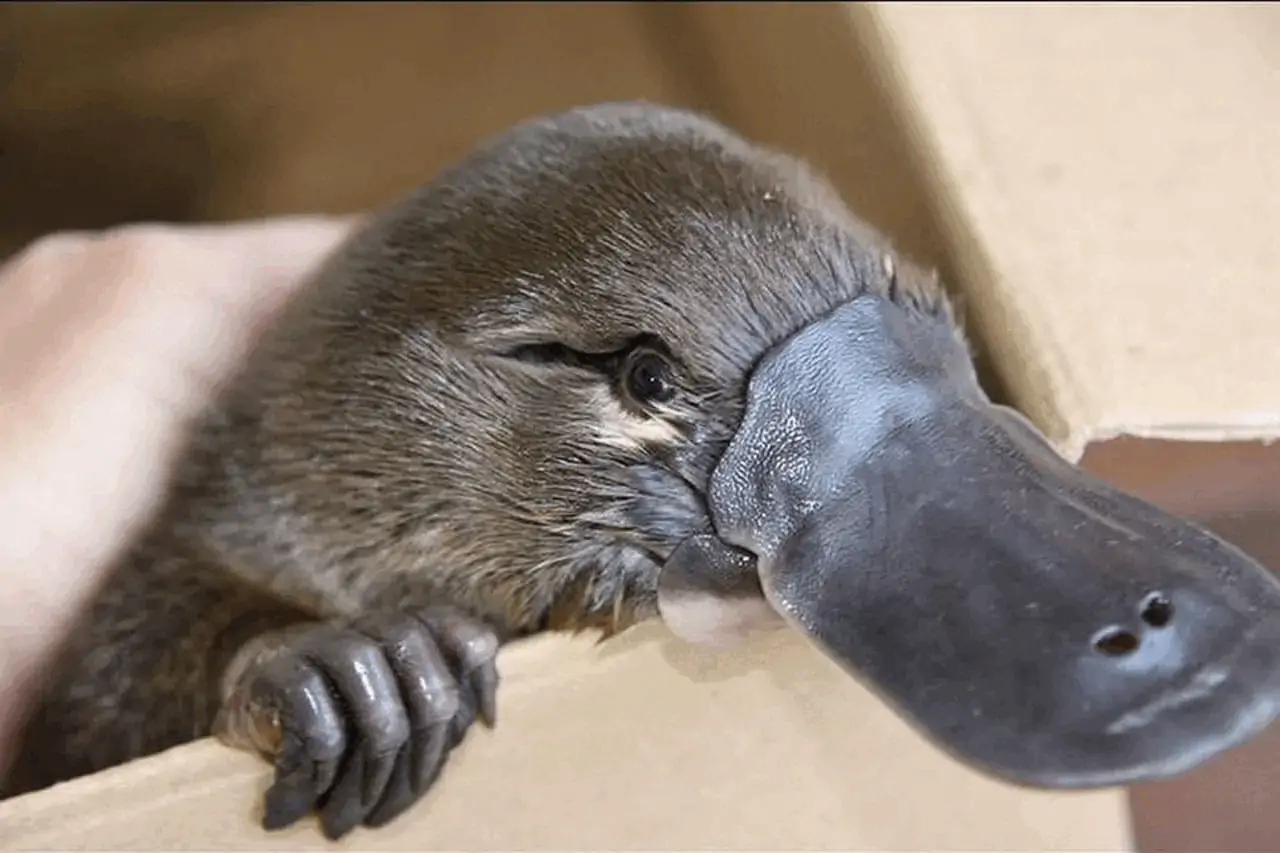
Hiiiiii it's your favorite user Carp! We're currently on Login Required mode for one of a few reasons:
- The site is running really slowly and we think it might be miscreants up to no good, or
- It's our monthly 24 hours of login-required-mode to encourage lovely lurkers to become lovely new friends of ours, or
- Someone clicked the toggle by mistake lol oops sorry!
But that's all fine. Signing up is easy. It takes literally like 4 seconds if you're slow. You don't even need an email! Just pick a username, make up some neat new password where you replace all the e's with 3s or whatever and bam, done, you're in.
Remember to click "Follow" on my profile!
I love you.
xoxo carp 💋
